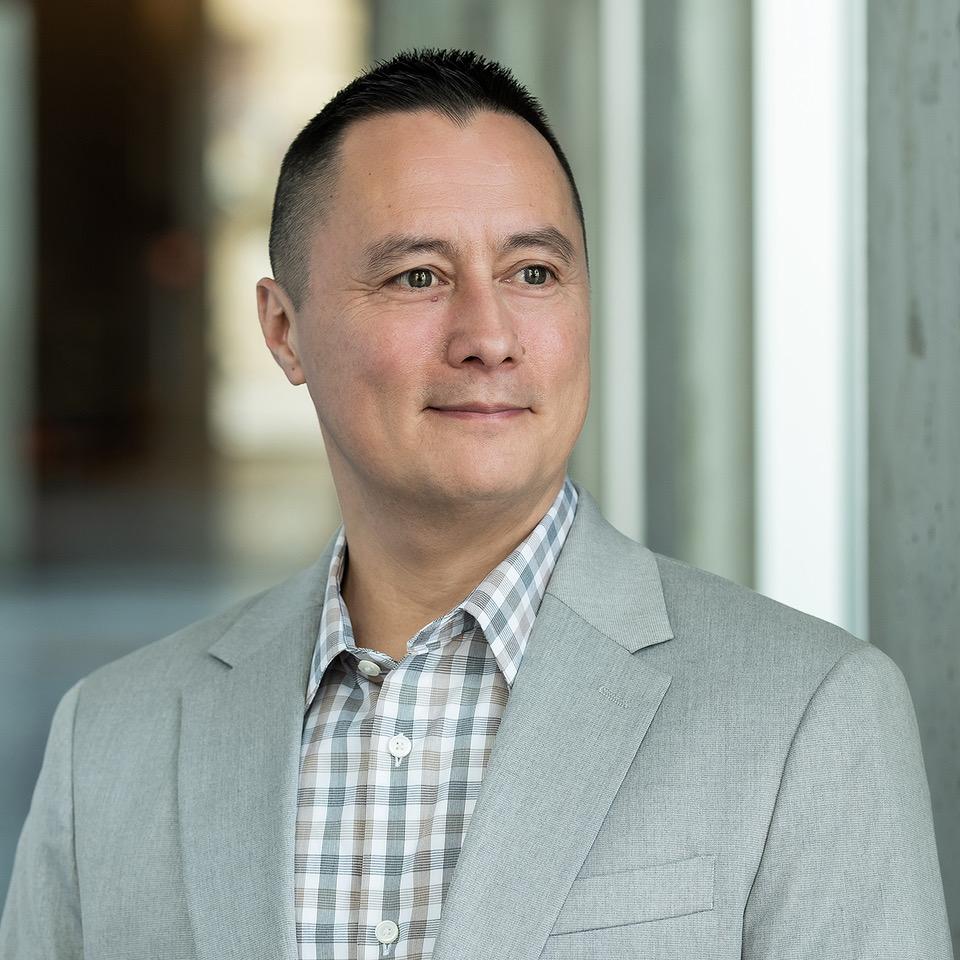
Recently, editor Brittani Schroeder spoke with Hi Nguyen, a retired member of the RCMP, about the importance of investing in oneself to become the best team leader possible.
Q: What first motivated you to join the RCMP?
The 9/11 attacks are what got me off the sidelines. When the tragedy happened, the first thing that came to mind was: “Not in my country!” A few weeks later, I walked into the recruiting office in Montreal and applied.
I was a patrol officer in Vancouver’s Lower Mainland for four years before I was transferred to Ottawa as a bodyguard to protect Prime Minister Stephen Harper and Governor General Michaëlle Jean. Finally, in 2011, I achieved my goal and joined the RCMP’s counter-terrorist team where I worked major files for six years. Our team’s biggest success at the time was Project Servant, where we arrested a number of extremists. Our team was also the lead on the attack on Parliament Hill investigation.
Q: What were some of your biggest takeaways?
I’ve learned a million things as a police officer. Today, when I look at it with perspective, my biggest realization is that our law enforcement folks require much more support than they are getting, especially in funding, training and manpower. Mental health is a big issue as well. Our men and women in uniform deserve unwavering support from governments at all levels, regardless of their leanings.
It’s also clear that the industry in general needs to make some significant improvements internally. From clearing out the bad apples to promoting strong, courageous leaders, there are many things that need an overhaul.
The bottom line is, we (the industry leaders) must focus our efforts on providing the very best support to our frontline officers, so that they can keep serving their communities and saving lives efficiently, but not at the cost of their own wellbeing.
In my mind, we must start training all junior supervisors in leadership fundamentals now. It’s an investment over time which will ensure that our senior leaders of the future will know how to lead.
Q: You’re now the Director of Protection Services at the University of Ottawa. Can you tell us a bit about that?
I’m at the helm of a team of approximately 60 security professionals responsible for the security and safety of the 52,000 students, faculty and staff on campus. If you imagine that Protection Services is like a small police station, I would be the police chief. Our team assists with medical emergencies, mental health crisis and well being checks. We also investigate and deter all forms of criminal offenses like thefts, assaults and break and enters.
A big part of my job consists of ensuring that my team is clear on our mission, that they are well trained and equipped to meet that mission and, of course, to have fun while doing it. I also spend a lot of time managing large scale organizational issues that impact my department such as HR issues, challenges with implementing technological solutions and so on.
Q: What drives you to want to create better leaders?
After spending 20 years in this industry, I realized that a major issue was the lack of coaching for our frontline supervisors. Typically, once you have two to three years of service in uniform, you’re given the opportunity to lead a team. Some promote into it and others are “voluntold”. However, almost no one is being taught how to lead people and get the job done.
As anybody with experience will tell you, leading people is very hard. Add to that the stressors of law enforcement and it becomes a massive task, yet very few people will show you how to do it.
I’ve spent the better part of the last 10 years learning about leadership and applying it in an operational setting. I’ve taken courses, attended seminars and read countless books on this. I’ve then applied this directly with team leaders in the field and the results have been amazing.
Q: What is some advice you could offer someone looking to take the next step in their career?
I would say invest in yourself. Go to a seminar or hire a coach. I truly believe that spending a couple hundred dollars over the next year or two directly on your growth will pay off tenfold. I’ve gone from the constable rank to a director position within four years because I invested some money and took time to learn the fundamentals of leadership.
Learn about yourself and those who work for you. Take a personality test like DISC or Myers-Briggs. It’s crucial for every leader to deeply know who they are and how they’re being perceived by those they lead. By knowing the personalities of the people that work for you, you can then tailor your communication specifically for them. That is the ultimate tool to communicate with your team.
Q: Why is it important for team leaders to be acting and operating at their very best?
Police and security team leaders may face several competing pressures such as demotivated teams that don’t get the job done, team members that aren’t accountable for their actions, or bosses who don’t recognize their work or don’t support them when there’s an issue. Not being able to handle these situations puts their reputations at risk and causes them to lose access to good opportunities.
When team leaders are properly trained, they effectively lead their teams to meet their missions and goals, and in the process are recognized for their work.
Let’s not forget that we are in the business of life and death decisions and the pressure can be enormous. Those leading the frontline need to understand how to take care of the people in their charge to avoid accidents, depressions, burnouts and suicides.
Leadership is a skill, not a talent. It can be learned.
Print this page
 Hi Nguyen. Submitted photo.
Hi Nguyen. Submitted photo.